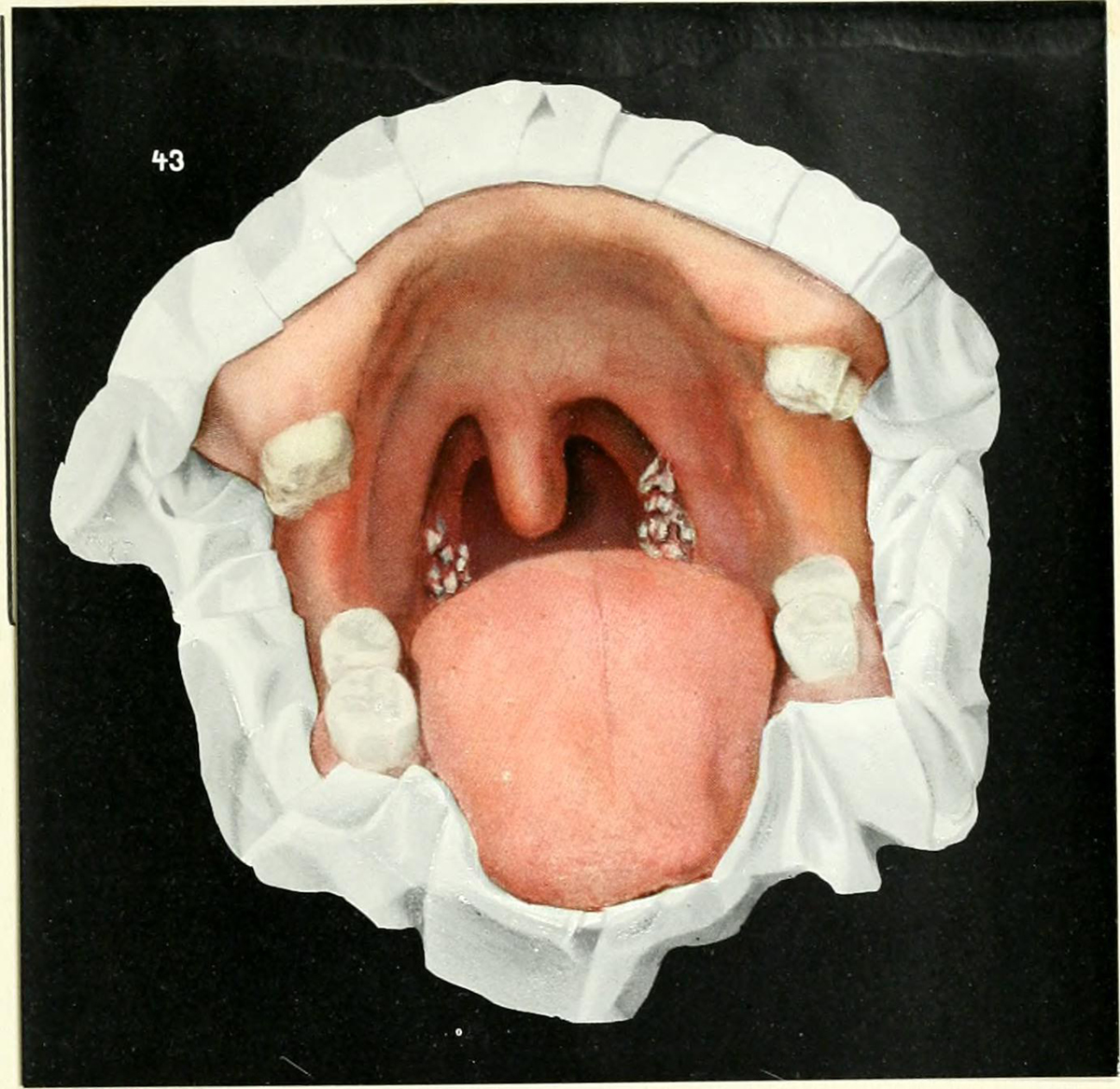
Prinzmetal's Angina
There are three types of the angina, stable angina, unstable angina and Prinzmetal's angina. Prinzmetal's angina is also called angina inversa or asvariant angina. It is not so common as other two types of angina, stable and unstable angina. It affects 2 patients out of 100. Another fact related to Prinzmetal's angina is that is commonly affects younger patients which is not the case in other two types of angina.
This medical conditions feature with chest pain, feeling of pressure and tightness. These symptoms are basically caused by spasm of coronary arteries. The pain most commonly occurs between midnight and 8 o'clock in the morning. Prinzmetal's angina occurs at rest and is never induced by physical activity. This is what makes it so unpredictable. Potential triggers of the attacks include hyperventilation, exposure to cold and emotional stress. Prinzmetal's angina occurs in clusters. The symptoms may bother patients for a few months and after that remission lasts up to several months.
This type of angina is rather rare and affects only 4 out of every 100.000 Americans. Men are more susceptible to Prinzmetal's angina comparing to women. Moreover, Japanese people, for example, are affected more than Caucasians. This medical condition affects younger people and is most frequent among people between 51 and 57 years of age.
Prinzmetal's angina does not lead to heart attack if coronary blood vessels are healthy. However, if there is accompanying coronary disease (atherosclerosis of coronary arteries) the very attack of Prinzmetal's angina may induce heart attack.
Symptoms of Prinzmetal's Angina
The leading symptom is chest pain. It is situated under the chest bone and is usually described as constricting, squeezing pain or tightness and pressure. The pain may radiate towards the neck, jaw, shoulder or down the arm. The pain typically occurs at rest and it is common between 12 PM and 8 AM. It can be alleviated by nitroglycerin. Patients may sometimes faint and lose consciousness.
Treatment for Prinzmetal's Angina
This condition requires medications. Patients are prescribed nitroglycerin, long-lasting nitrates and/ or calcium channel blockers. All of these medications widen the blood vessels increasing the blood supply to the heart. Patients are initially given calcium channel blockers. If the attacks linger the doctor prescribes another class of calcium channel blockers or long-lasting nitrates. In patients who do not respond to initial therapy alpha blockers are other option. Nitroglycerin is used only once the attack has occurred. The best effects are achieved by application of nitroglycerin in a form of spray. People who additionally suffer from coronary disease are supposed to reduce if not eliminate all the risk factors for heart attack.

















Your thoughts on this
Loading...